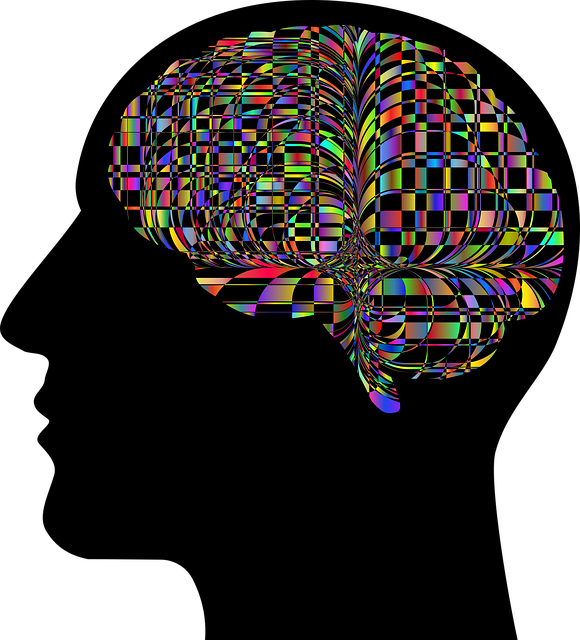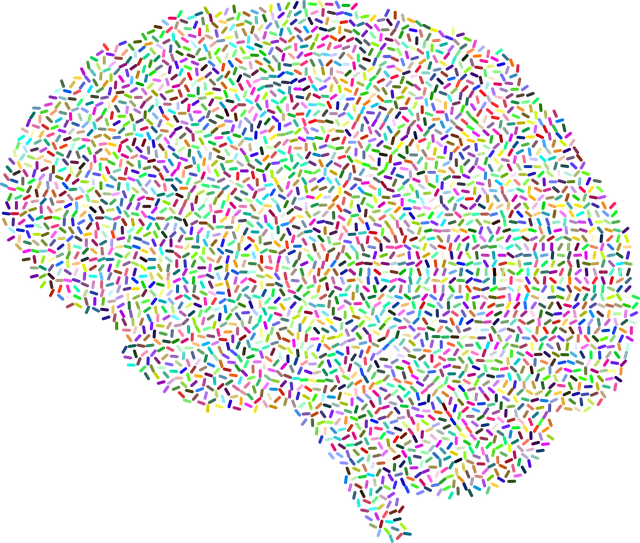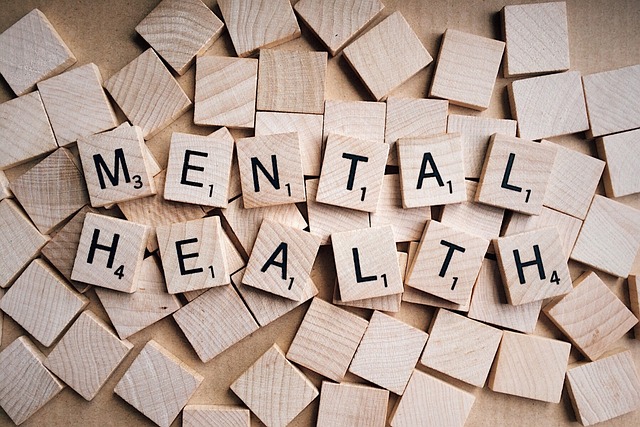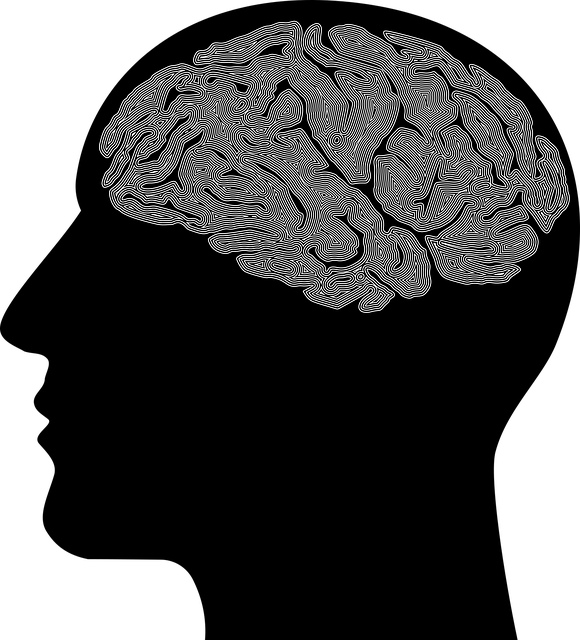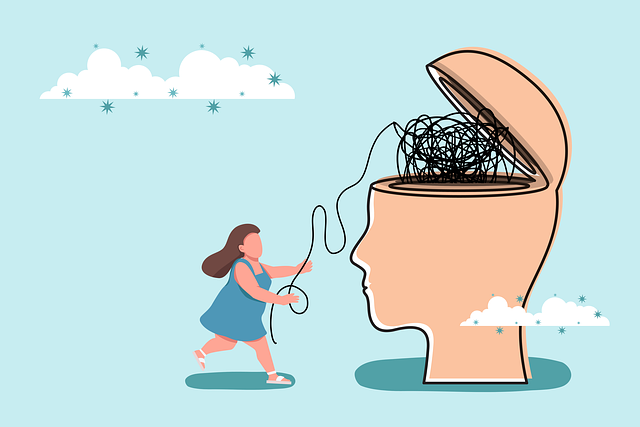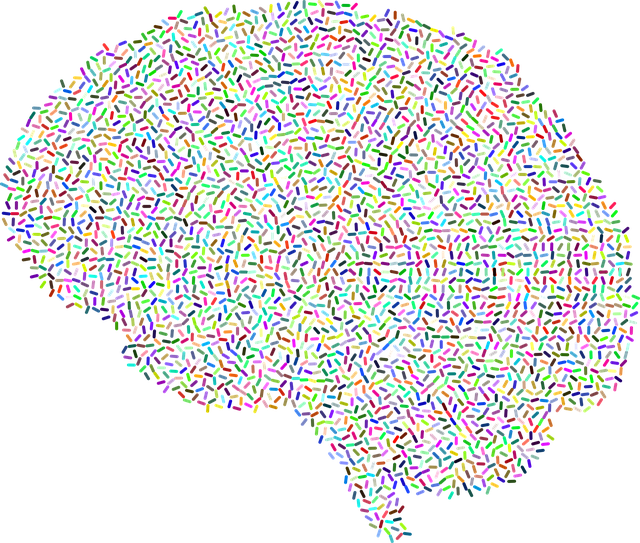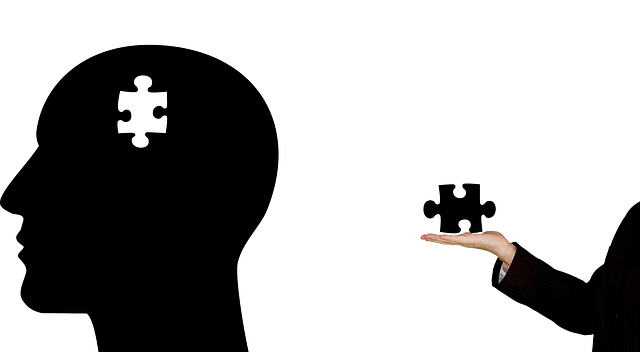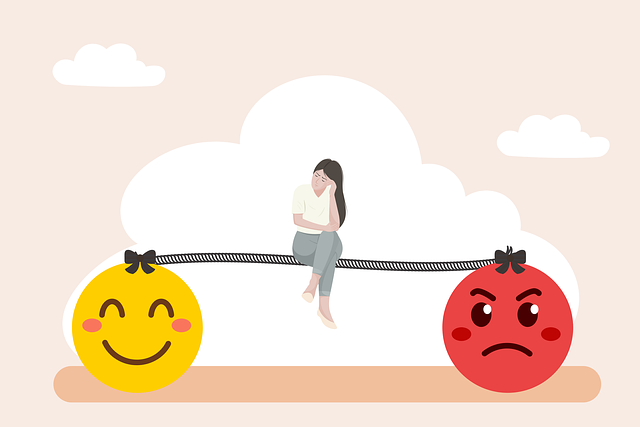Young adults face unique mental health challenges due to academic pressures, career aspirations, financial worries, and social expectations, exacerbated by the COVID-19 pandemic. Early intervention is crucial for managing anxiety and disorders like OCD. Cognitive Behavioral Therapy (CBT) is an effective treatment for OCD, focusing on challenging negative thought patterns and building resilience through techniques like Exposure and Response Prevention (ERP). Additionally, Mental Wellness Coaching Programs offer personalized coaching for stress management. Integrating therapy, self-care practices, conflict resolution, and structured journaling equips young adults with sustainable tools to navigate life's challenges and maintain mental wellness.
Stress reduction is an essential aspect of maintaining mental health, especially among young adults facing mounting pressures. This article delves into effective strategies to combat stress, focusing on its profound impact and offering comprehensive solutions. We explore traditional therapy methods, such as Cognitive-Behavioral Therapy (CBT), and alternative approaches for a holistic approach. Specifically, we shed light on the role of CBT in managing Obsessive Compulsive Disorder (OCD) among young adults, providing practical steps for stress management. Additionally, long-term resilience-building strategies are discussed to foster a calm mind.
- Understanding Stress and Its Impact on Young Adults
- The Role of Therapy in Managing Obsessive Compulsive Disorder (OCD)
- Cognitive-Behavioral Therapy (CBT): A Step-by-Step Guide
- Alternative Approaches for Stress Reduction
- Building Resilience: Long-Term Strategies for a Calm Mind
Understanding Stress and Its Impact on Young Adults

Stress is a significant concern among young adults, often manifesting from various sources like academic pressures, career aspirations, financial worries, and social expectations. This demographic faces unique challenges that can lead to prolonged exposure to stress, potentially resulting in severe mental health issues if left unaddressed. For instance, the rise of remote learning and virtual interactions during the COVID-19 pandemic has brought new stressors related to technology use and social isolation.
Many young adults may struggle silently with stress and anxiety, sometimes even developing disorders such as Obsessive Compulsive Disorder (OCD). OCD is characterized by intrusive thoughts and repetitive behaviors that individuals feel compelled to perform. Recognizing the signs and seeking therapy for young adults early can be transformative. Self-awareness exercises, coupled with Healthcare Provider Cultural Competency Training, can help identify triggers and develop effective coping strategies. Mental Health Policy Analysis and Advocacy also play a crucial role in ensuring accessible and inclusive support systems for this vulnerable population.
The Role of Therapy in Managing Obsessive Compulsive Disorder (OCD)

Therapy plays a pivotal role in managing Obsessive Compulsive Disorder (OCD), especially for young adults grappling with this mental illness. Cognitive Behavioral Therapy (CBT) is a well-established approach, focusing on identifying and changing unhelpful thought patterns and behaviors associated with OCD. This therapy equips individuals with tools to challenge and overcome obsessions and compulsions, promoting self-awareness and emotional intelligence. By learning effective coping strategies, young adults can manage symptoms, reduce anxiety, and improve overall mental wellness.
In addressing OCD, therapists employ various techniques tailored to each individual’s needs. Exposure and Response Prevention (ERP) is a powerful CBT method that gradually exposes individuals to feared situations or objects while preventing the urge to engage in compulsive behaviors. This process helps desensitize individuals to their obsessions, fostering resilience and a sense of control. Additionally, mental wellness journaling exercises guided by therapists can be valuable tools for self-reflection, tracking progress, and cultivating gratitude, thereby reinforcing positive emotional states and reducing stigma associated with mental illness.
Cognitive-Behavioral Therapy (CBT): A Step-by-Step Guide

Cognitive Behavioral Therapy (CBT) is a powerful tool for young adults seeking stress reduction and managing conditions like Obsessive Compulsive Disorder (OCD). It involves identifying and changing negative thought patterns that contribute to distress. Through CBT, individuals learn to challenge cognitive distortions, replace them with more realistic and positive thoughts, and subsequently modify behaviors driven by these distorted beliefs.
The process begins with self-awareness exercises, encouraging individuals to recognize their triggers and the connection between thoughts, feelings, and actions. This foundation fosters confidence in one’s ability to manage stress and OCD symptoms. Compassion cultivation practices can also be incorporated, promoting understanding and kindness towards oneself during the healing journey. By combining these techniques, CBT empowers young adults with effective coping strategies for lasting stress reduction.
Alternative Approaches for Stress Reduction

Stress reduction often involves exploring alternative approaches tailored to individual needs. For young adults, therapy plays a pivotal role in managing stress, especially when dealing with conditions like Obsessive Compulsive Disorder (OCD). Cognitive Behavioral Therapy (CBT), for instance, is widely recognized as an effective treatment for OCD, focusing on identifying and changing negative thought patterns and behaviors. This therapy empowers individuals to develop healthier coping mechanisms, enhancing their ability to navigate stressful situations.
Beyond traditional therapy, Mental Wellness Coaching Programs offer a unique perspective. These programs emphasize self-esteem improvement and communication strategies, fostering personal growth and resilience. By combining evidence-based techniques with personalized coaching, they provide tools for stress management, promoting mental wellness. This holistic approach caters to diverse needs, ensuring individuals discover sustainable methods to reduce stress and improve overall well-being.
Building Resilience: Long-Term Strategies for a Calm Mind

Building resilience is a crucial long-term strategy for maintaining a calm mind and managing stress effectively. This involves developing coping mechanisms that go beyond quick fixes and promote sustainable mental wellness. For young adults, especially those dealing with conditions like Obsessive Compulsive Disorder (OCD), establishing a robust resilience framework can be transformative. Therapy plays a pivotal role here, offering tailored strategies to navigate life’s challenges. By integrating conflict resolution techniques into their toolkit, individuals gain the ability to handle stressors in healthy, proactive ways.
Self-care practices are integral to this process, encouraging moments of quiet reflection and nurturing. Keeping a mental wellness journal, for instance, provides structured guidance for processing emotions and tracking progress. This practice allows one to identify triggers, track successes, and adapt strategies as needed. Ultimately, these resilience-building techniques empower young adults to face life’s uncertainties with equanimity, fostering a deeper sense of calm and clarity in their daily lives.
In navigating the complex landscape of stress reduction, young adults facing challenges like obsessive compulsive disorder (OCD) can find hope and healing through various therapeutic approaches. From cognitive-behavioral therapy (CBT) to alternative methods, these strategies empower individuals to take control of their mental well-being. By understanding stress, its impact, and adopting effective tools, young adults can build resilience and cultivate a calmer, more balanced mind for the long term. For those seeking specific help with OCD, professional therapy remains an indispensable game changer in managing symptoms and improving quality of life.

